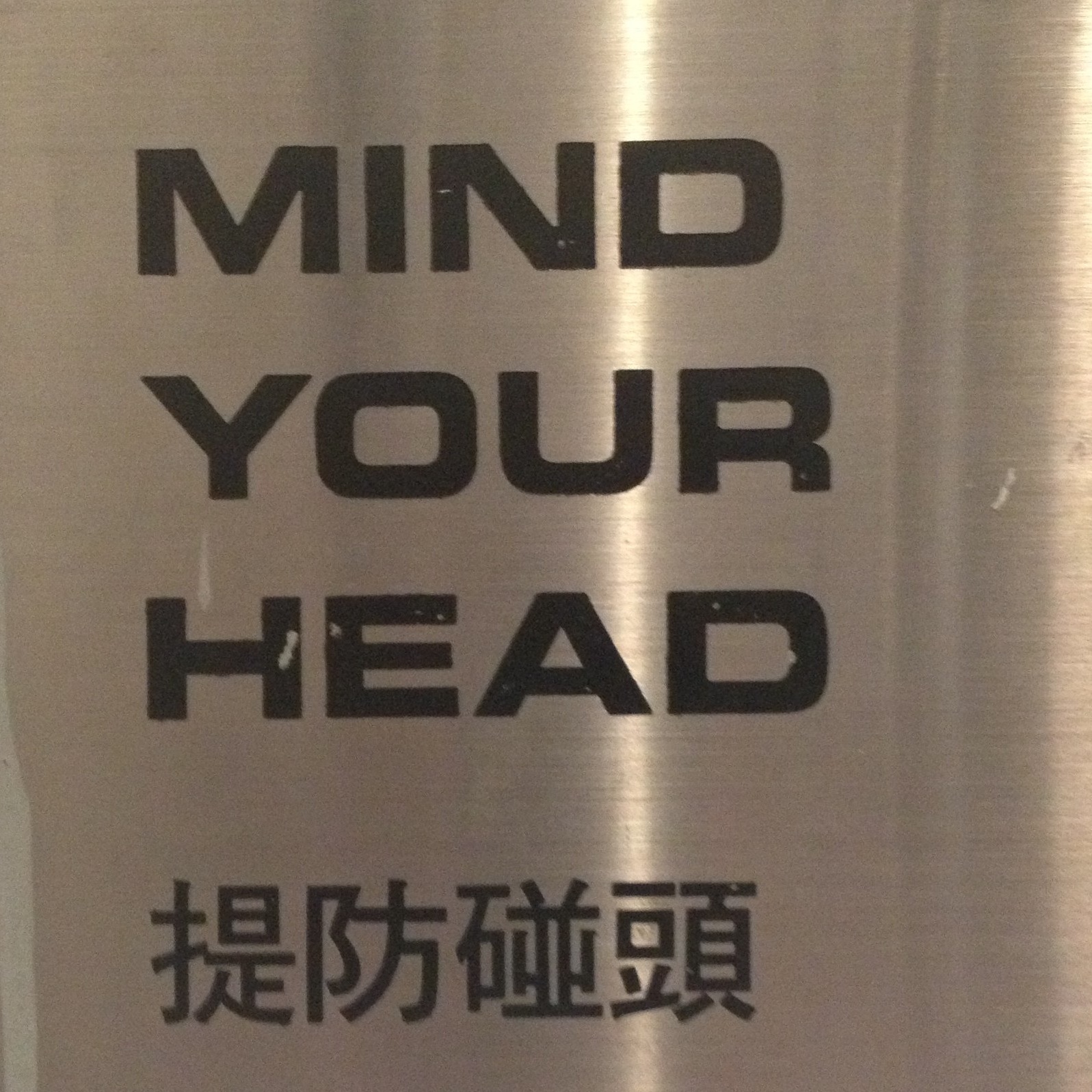Anil Dash has a great post on the Knight Foundation blog called the end of the beginning: lessons from open government so far. In the post, he outlines that we’ve done a lot of thinking about what open government could mean, but that we haven’t yet really got started, solving real problems and building real tools. He sums up what we have learned with the following list:
-
It’s not about the technology: While technology is the enabler, changing the culture of agencies, institutions and society at large will always be more challenging than creating or deploying technology.
-
Shipping beats wishing: Though it’s not about the technology fundamentally, there does need to be some set of tools for people to work from and iterate on, and often times it makes sense to start from work that others have already done, rather than hoping for optimal solutions.
-
Things are “broken” for a reason: Everyone can point out countless examples of inefficiency, ineffectiveness or incompetence in civic institutions when looking for problems to fix. But many of the biggest challenges in Open Government come from insufficient empathy for the circumstances that caused those problems. Sometimes there’s a good reason that an agency or office is doing things that seem ridiculous.
-
Goals like “transparency” are necessary but not sufficient: Of course we want visibility into the workings of our government, or access to data that we’ve paid for as taxpayers. But transparency is not a goal that most normal people think of in the course of a normal day. Projects that merely reveal that money corrupts policy or that some agencies waste funds don’t always galvanize change. In fact, they often reinforce people’s cynicism. It’s better we give citizens way to act on systemic problems, rather than describing those problems more vividly.
Being a technologist who often finds that technology is raised up as a cure-all, I’m pleased to see the de-emphasis on technology. So often we believe that technology will solve a problem, when in fact, we have yet to identify the problem. With the release of Evgeny Morozov’s new book, To Save Everything, Click Here: The Folly of Technological Solutionism, we’re beginning to see a counter argument formed. Namely, that sometimes our interests in using technology actually create new problems and sometimes don’t even properly solve the one we were working on. Open Government initiatives are very ripe for this kind of problem.
The second point I really agree with is the idea that things are broken for a reason. Part of trying to identify problems and solve them should force us to deeply understand the system we are trying to improve. I recently came across a nice (but old) idea: Le Chatelier’s Principle states that the system tends to oppose it’s own proper function. I think that Governments produce some of the world’s most complex systems. They are created by people (so clearly they don’t have Nature’s simplistic design sensibility) and it is continuously changed and tweaked, often without removing broken parts or inefficient workings. Of course, we would like to believe that they do in fact evolve, but part of what we may be missing is that they are still lacking key inputs. For me, this is the role of Open Government. So, although I fully agree that we do not do enough to understand an existing agency or office and that the way it functions may very well be for a reason, I think that part of the what Open Government initiatives can help us do is understand why an existing organization functions as it does and look towards ways in which our role, as a new input, begins to affect the system. So first we start with empathy and understanding and then we move towards our active engagement in the system.
Of course, at a certain point, we too become part of the broken system. We can’t escape entropy, especially the entropy of information.
